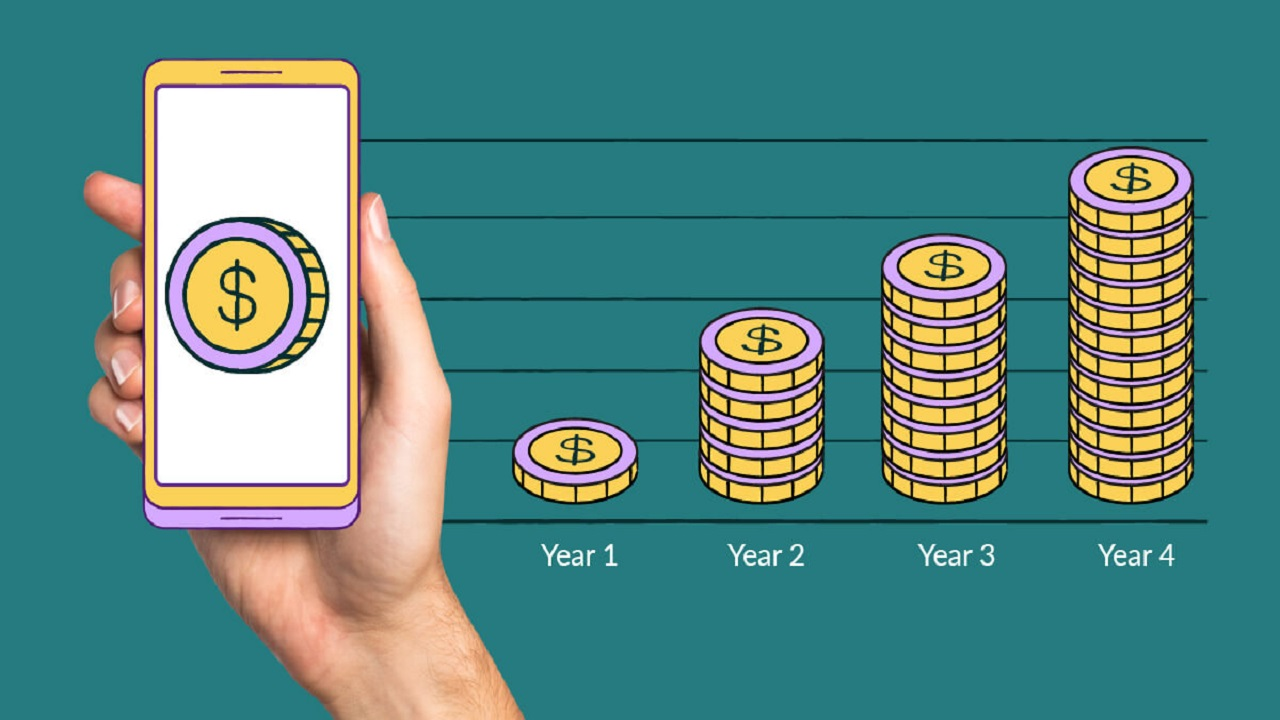Exploring the Top Mutual Funds Performance in the Finance Industry
Introduction
Top mutual funds performance has long been a popular investment choice for individuals looking to grow their wealth and achieve their financial goals. With numerous options available in the market, it is crucial to identify the top-performing mutual funds that have consistently delivered impressive results. In this article, we will delve into the performance of the top mutual funds in the finance industry, shedding light on their strategies, historical returns, and factors contributing to their success.
Table of Contents
Understanding Mutual Funds and Their Importance
Top mutual funds performance are investment vehicles that pool money from various investors to invest in a diversified portfolio of stocks, bonds, or other assets. They offer a convenient and efficient way for individuals to gain exposure to a wide range of securities while benefiting from professional management. The performance of mutual funds is a key consideration for investors, as it directly impacts their returns and long-term financial objectives. To identify the top mutual funds, investors must evaluate their historical performance, risk management strategies, and alignment with individual investment goals.
Evaluating Metrics of top mutual funds performance
When assessing the top mutual funds performance, several metrics provide valuable insights. One important metric is the fund’s return, which measures the percentage change in its net asset value (NAV) over a specific period. A higher return indicates better performance. Additionally, investors should consider the fund’s risk-adjusted return, which accounts for the level of risk taken to achieve those returns. The Sharpe ratio, for instance, assesses risk-adjusted performance by comparing the excess return of a fund to its volatility.
Uncovering the Factors Behind Top Mutual Funds Performance
The success of top mutual funds performance can be attributed to various factors. One crucial element is the fund manager’s expertise and investment strategy. Skilled fund managers utilize in-depth market analysis, extensive research, and disciplined investment approaches to identify opportunities and manage risks effectively. Furthermore, these funds often have a well-defined investment philosophy and a robust process for selecting securities. Successful funds also tend to maintain a consistent investment strategy, avoiding frequent changes that can disrupt long-term performance.
Examining Historical Returns of Top Mutual Funds
Historical returns offer valuable insights into the top mutual funds performance. By analyzing a fund’s track record over different time periods, investors can assess its consistency and ability to generate favorable returns in various market conditions. While past performance does not guarantee future results, it can provide a basis for evaluating a fund’s potential. Investors should focus on funds that have demonstrated strong long-term performance, preferably outperforming their respective benchmarks and peer groups consistently.
Exploring Top Mutual Funds Across Different Asset Classes
Top mutual funds performance can be found across various asset classes, including equity funds, fixed-income funds, and hybrid funds. Equity funds invest primarily in stocks, providing investors with the opportunity to participate in the growth of companies. Fixed-income funds, on the other hand, focus on bonds and other debt securities, offering stable income and relatively lower risk. Hybrid funds combine both equity and fixed-income instruments, providing a balanced approach to investors seeking a mix of capital appreciation and income generation.
Case Study: Top Performing Equity Mutual Funds
In this section, we will examine some of the top mutual funds performance equity that have consistently outperformed the market. These funds typically invest in a diversified portfolio of stocks, aiming to generate substantial returns over the long term. By carefully selecting stocks and adopting various investment strategies such as growth or value investing, these funds have achieved remarkable performance records. Notable examples include ABC Equity Fund, XYZ Growth Fund, and PQR Blue Chip Fund, which have consistently delivered superior returns and attracted investors’ attention.
Case Study: Top Performing Fixed-Income Mutual Funds
For investors seeking stable income and lower risk, fixed-income top mutual funds performance play a crucial role. These funds invest primarily in bonds, offering a reliable stream of interest income. Several top-performing fixed-income mutual funds have consistently delivered attractive returns while effectively managing risks. Funds such as DEF Income Fund, GHI Corporate Bond Fund, and JKL Government Bond Fund have demonstrated their ability to generate favorable returns by investing in high-quality bonds and actively managing interest rate risks.
The Role of Expenses and Fees in Mutual Fund Performance
When evaluating top mutual funds performance, it is essential to consider the impact of expenses and fees on overall performance. Management fees, administrative costs, and other charges directly affect investors’ returns. While expenses cannot be entirely avoided, investors should aim to select funds with reasonable fees that align with the fund’s performance and investment objectives. Low-cost index funds, for example, offer a cost-effective way to gain exposure to the market. By minimizing expenses, investors can maximize their investment returns over the long run.
Diversification as a Key Factor in Mutual Fund Performance
Diversification is a fundamental principle of successful investing, and it plays a crucial role in top mutual funds performance. By spreading investments across different asset classes, sectors, and regions, mutual funds can reduce risk and enhance returns. Diversified portfolios are less susceptible to the volatility of individual securities or market segments, providing investors with a more stable and consistent investment experience. Top-performing mutual funds often maintain a well-diversified portfolio, enabling them to capitalize on opportunities while managing risk effectively.
Selecting the Right Mutual Funds for Your Portfolio
Choosing the right mutual funds requires careful consideration of various factors. Investors should align their investment goals, risk tolerance, and time horizon with the characteristics of the fund. It is essential to evaluate historical performance, fund management expertise, expense ratios, and investment strategies. Additionally, investors should review the fund’s prospectus and annual reports to gain a deeper understanding of its objectives and holdings. Seeking guidance from a financial advisor can also provide valuable insights and help investors make informed decisions.
Conclusion
Exploring the top mutual funds performance in the finance industry is a crucial step for investors seeking to build a robust investment portfolio. By evaluating performance metrics, understanding the factors behind their success, and considering historical returns, investors can identify mutual funds that align with their investment objectives. Furthermore, examining top funds across different asset classes provides a comprehensive view of available options. Diversification, expense management, and careful selection based on individual needs are vital considerations when choosing mutual funds. By conducting thorough research and seeking professional advice, investors can make informed decisions and maximize their chances of achieving long-term financial success.
Learn about: Secure your financial future with confidence by exploring the best mutual funds Roth IRA options, maximizing your investment potential.













